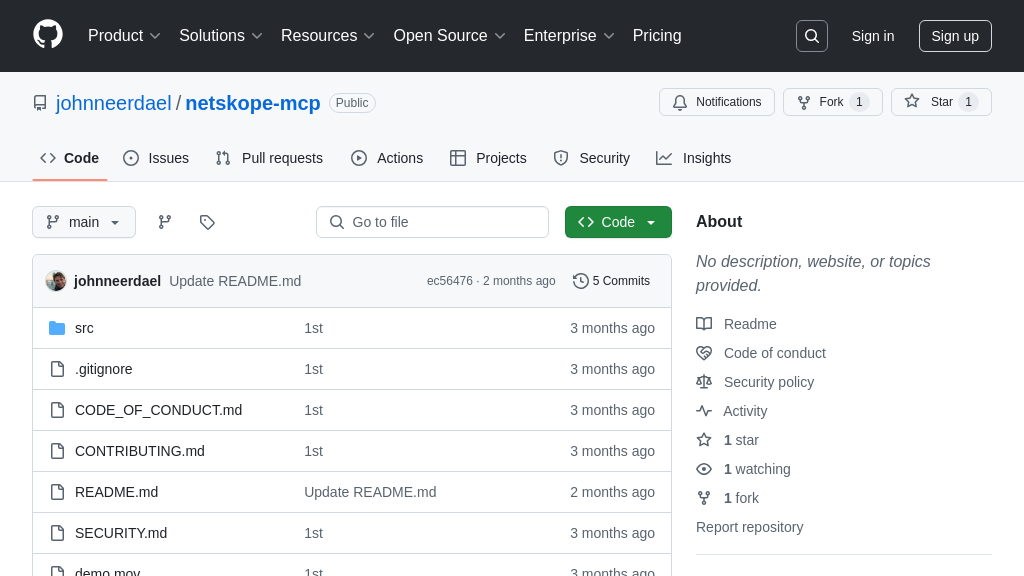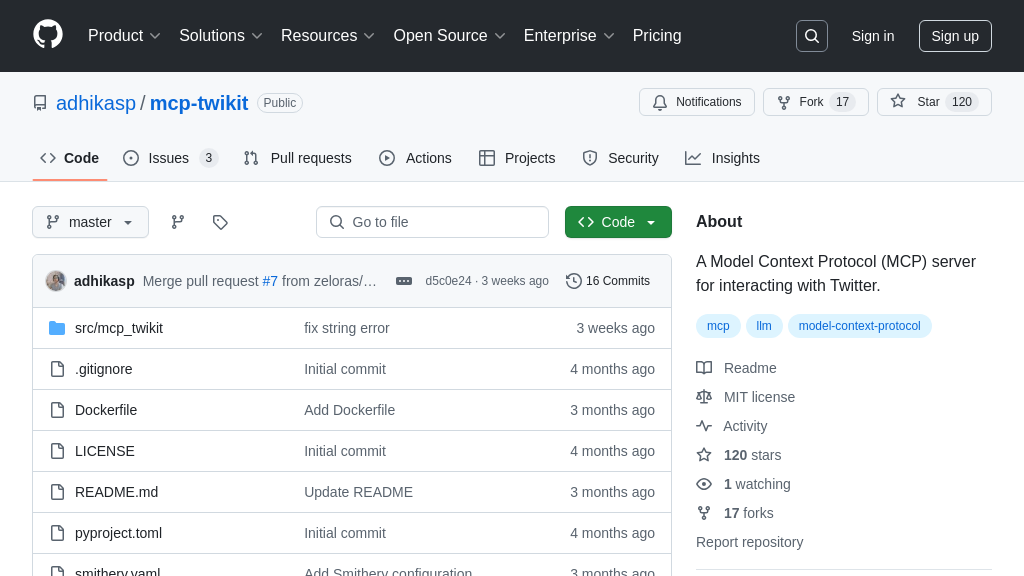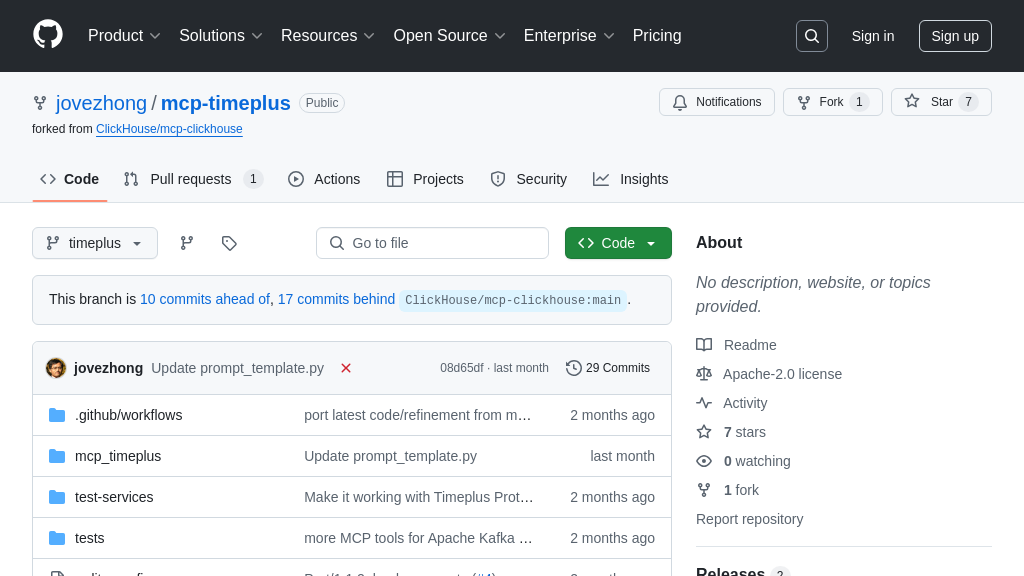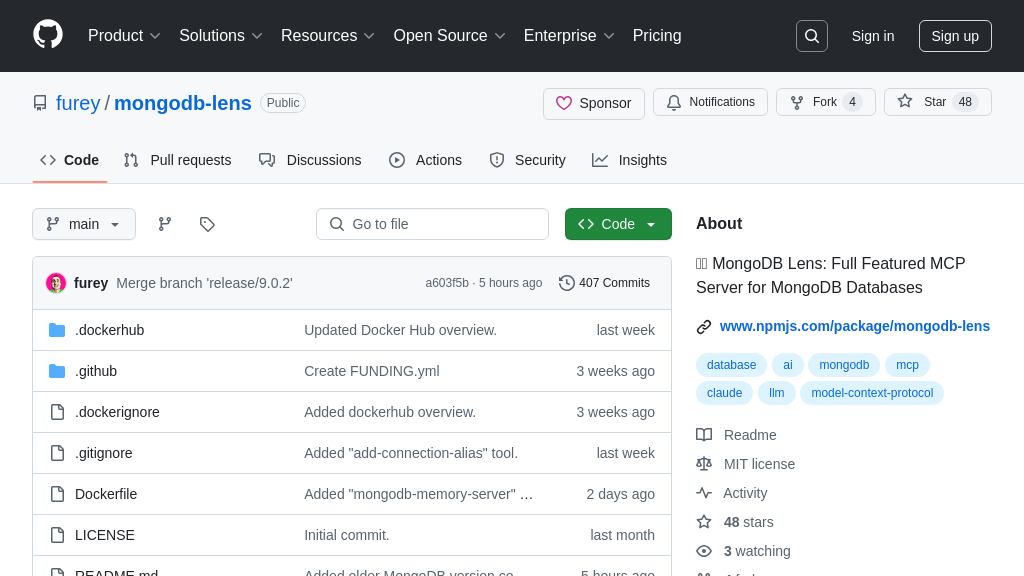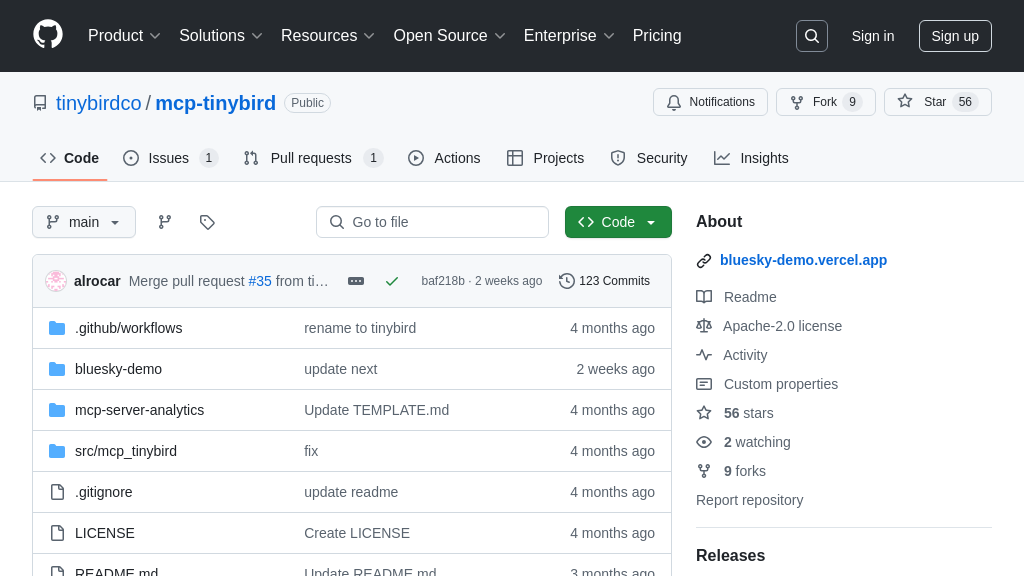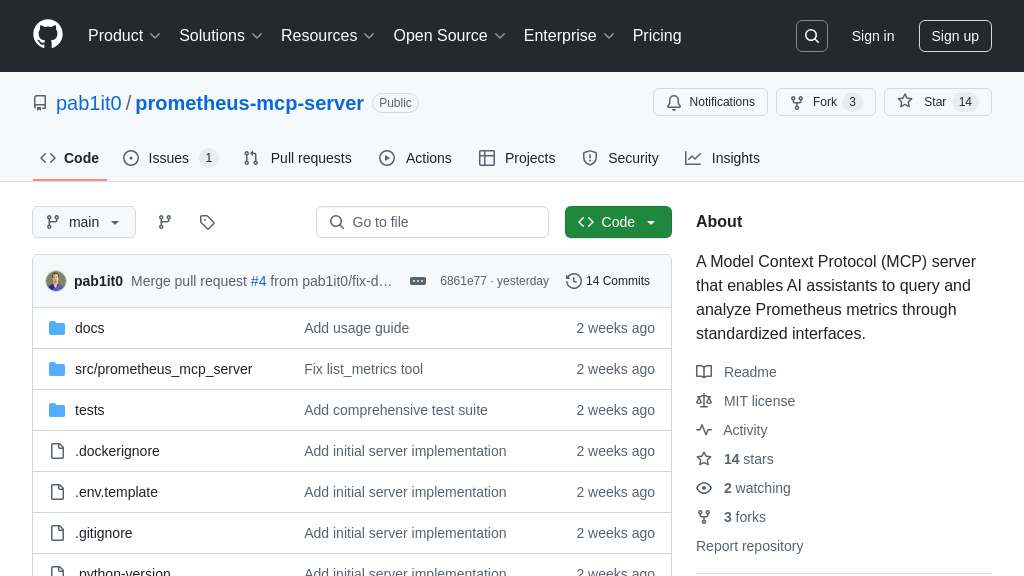mcp-server-raygun
mcp-server-raygun: An MCP server for AI models to securely access Raygun's error and performance data.
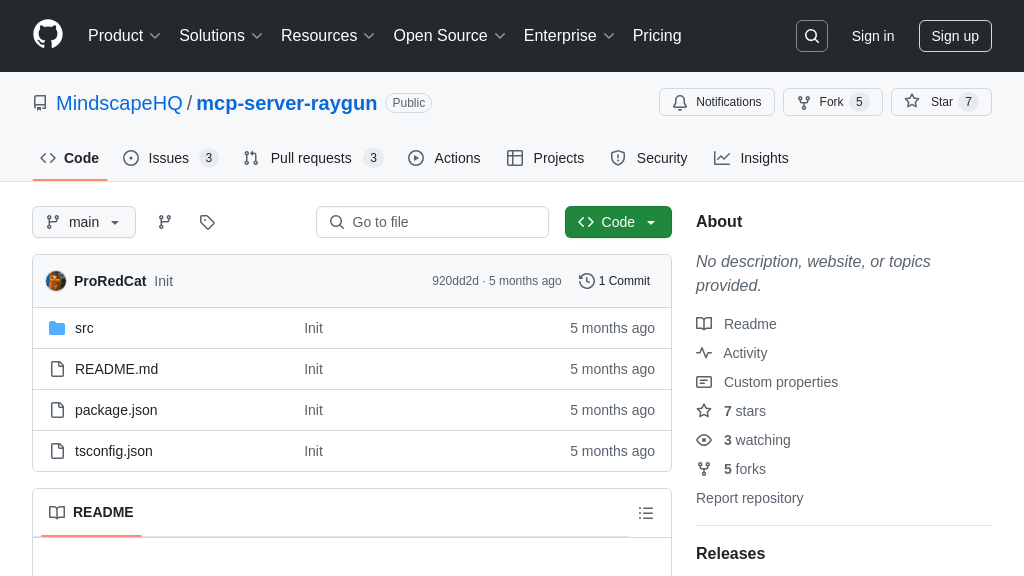
mcp-server-raygun Solution Overview
The Raygun MCP Server is a crucial component of the MCP ecosystem, acting as a server that bridges AI models with Raygun's Crash Reporting and Real User Monitoring API V3. This server empowers AI models to securely interact with Raygun data, streamlining the integration process through the standardized MCP interface.
Key features include comprehensive access to Raygun functionalities, such as error management (listing, retrieving, and resolving error groups), deployment management (listing, retrieving, updating, and deleting deployments), user and session management, performance monitoring, source map handling, and team management. By providing a consistent and secure channel, the Raygun MCP Server simplifies the development workflow, allowing developers to leverage AI for proactive error detection, performance optimization, and enhanced user experience within their applications. It integrates seamlessly by configuring the server within the Claude Desktop environment, specifying the command and necessary environment variables like the Raygun PAT token.
mcp-server-raygun Key Capabilities
Standardized Raygun API Access
The mcp-server-raygun provides a standardized interface, adhering to the Model Context Protocol (MCP), for AI models to interact with the Raygun API. This abstraction eliminates the need for AI models to directly handle the complexities of the Raygun API, such as authentication, request formatting, and response parsing. Instead, the AI model communicates through the MCP, which the server translates into Raygun API calls. This standardization simplifies integration, reduces code complexity, and promotes consistency across different AI models interacting with Raygun. For example, an AI model designed to analyze application error trends can use the list_error_groups function through the MCP without needing to know the specifics of Raygun's API authentication or request structure. The server handles the translation and returns the data in a format easily digestible by the AI model. This is achieved through standard input/output streams, where the AI model sends requests and receives responses in a structured format defined by the MCP.
Error Group Management via AI
This feature allows AI models to programmatically manage error groups within Raygun. Through the MCP, AI models can perform actions such as resolving, activating, ignoring, or permanently ignoring error groups. This enables automated error triage and management workflows. For instance, an AI model could be trained to identify recurring error patterns and automatically ignore error groups that are deemed non-critical or already addressed in a future release. The AI model would use functions like list_error_groups to identify error groups based on specific criteria (e.g., frequency, affected users), and then use ignore_error_group or permanently_ignore_error_group to update their status in Raygun. This automation reduces the manual effort required for error management and allows developers to focus on more critical issues. The server uses the Raygun API to perform these actions, ensuring that the changes are reflected in the Raygun dashboard.
Automated Deployment Analysis
The mcp-server-raygun facilitates automated analysis of deployments by AI models. AI models can retrieve deployment information, such as the list of deployments, details of a specific deployment, and even trigger reprocessing of deployment commits. This allows for the creation of AI-powered tools that can automatically assess the impact of new deployments on application stability and performance. For example, an AI model could use list_deployments and get_deployment to gather information about recent deployments and then correlate this data with error rates and performance metrics obtained through other Raygun API calls (via the MCP). If the AI model detects a significant increase in errors or performance degradation following a specific deployment, it could automatically alert the development team or even trigger a rollback. The server handles the communication with the Raygun API, abstracting away the complexities of API calls and data formatting.
Technical Implementation
The mcp-server-raygun is implemented in TypeScript and leverages Node.js to provide a robust and scalable MCP server. It utilizes environment variables for configuration, specifically RAYGUN_PAT_TOKEN for authentication with the Raygun API and SOURCEMAP_ALLOWED_DIRS for controlling access to Source Map operations. The server communicates with AI models via standard input/output (stdio), adhering to the MCP specification for request and response formatting. For debugging purposes, the project includes an MCP Inspector, which provides a web-based interface for inspecting the communication between the AI model and the server. The server is designed to be easily integrated with Claude Desktop by adding a configuration entry that specifies the command to execute the server and the necessary environment variables. The use of TypeScript ensures type safety and maintainability, while the Node.js runtime provides a familiar and efficient environment for developers.



